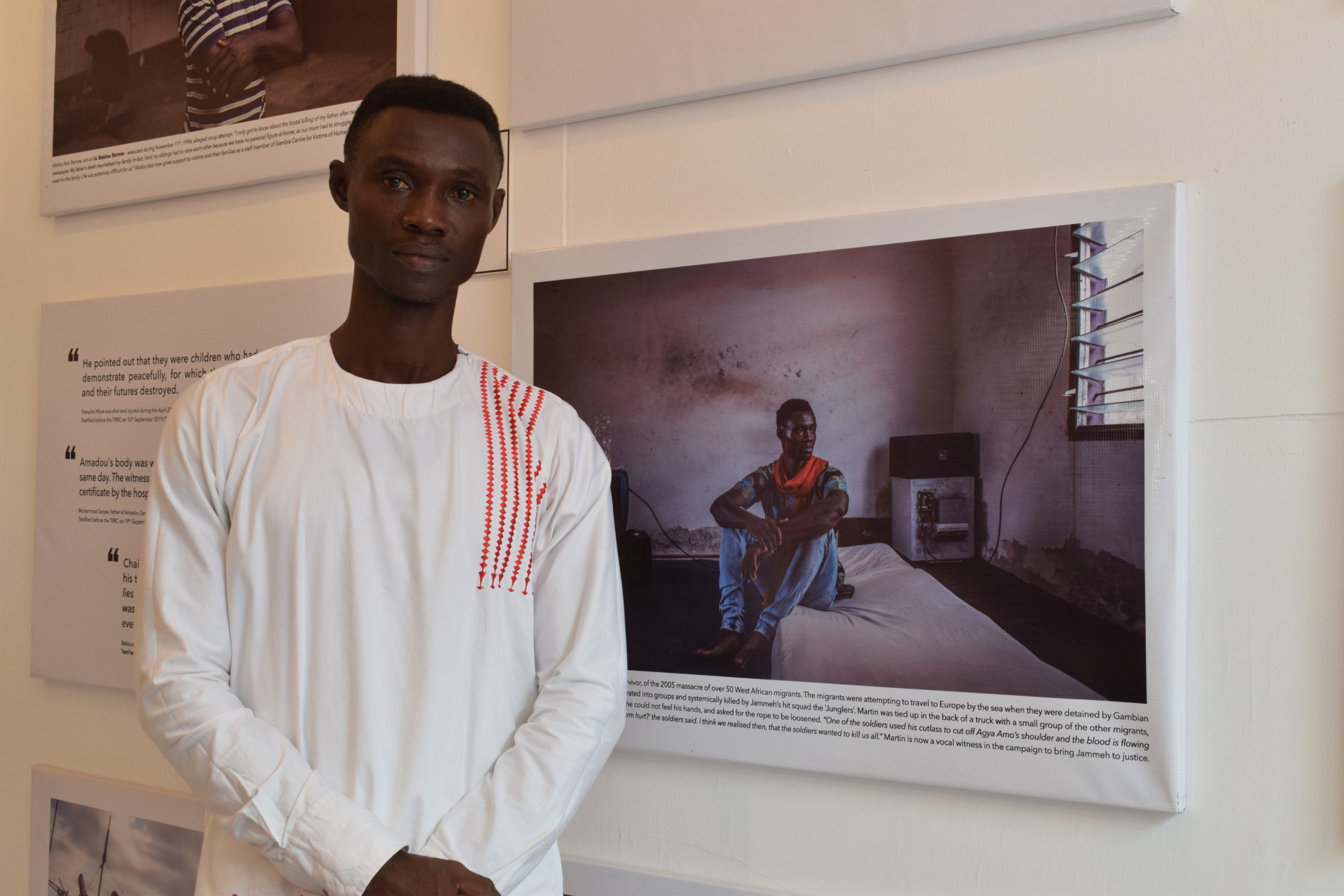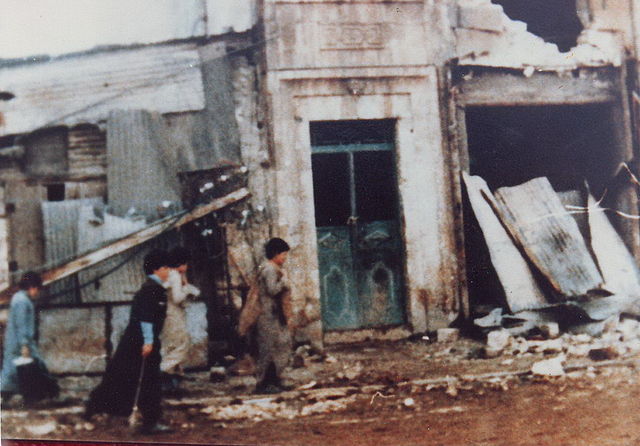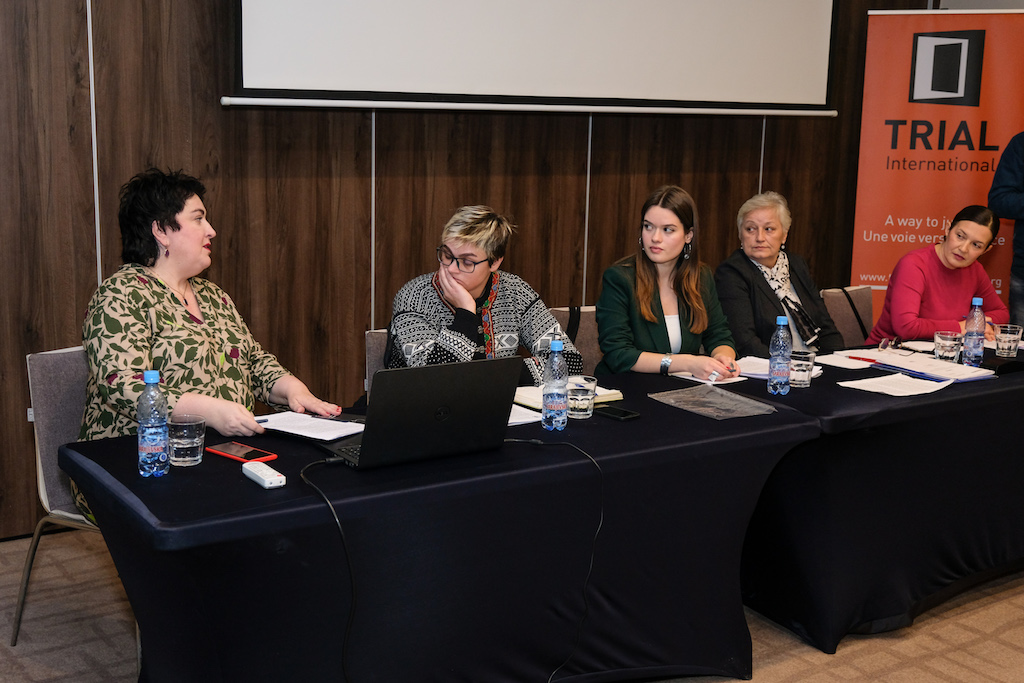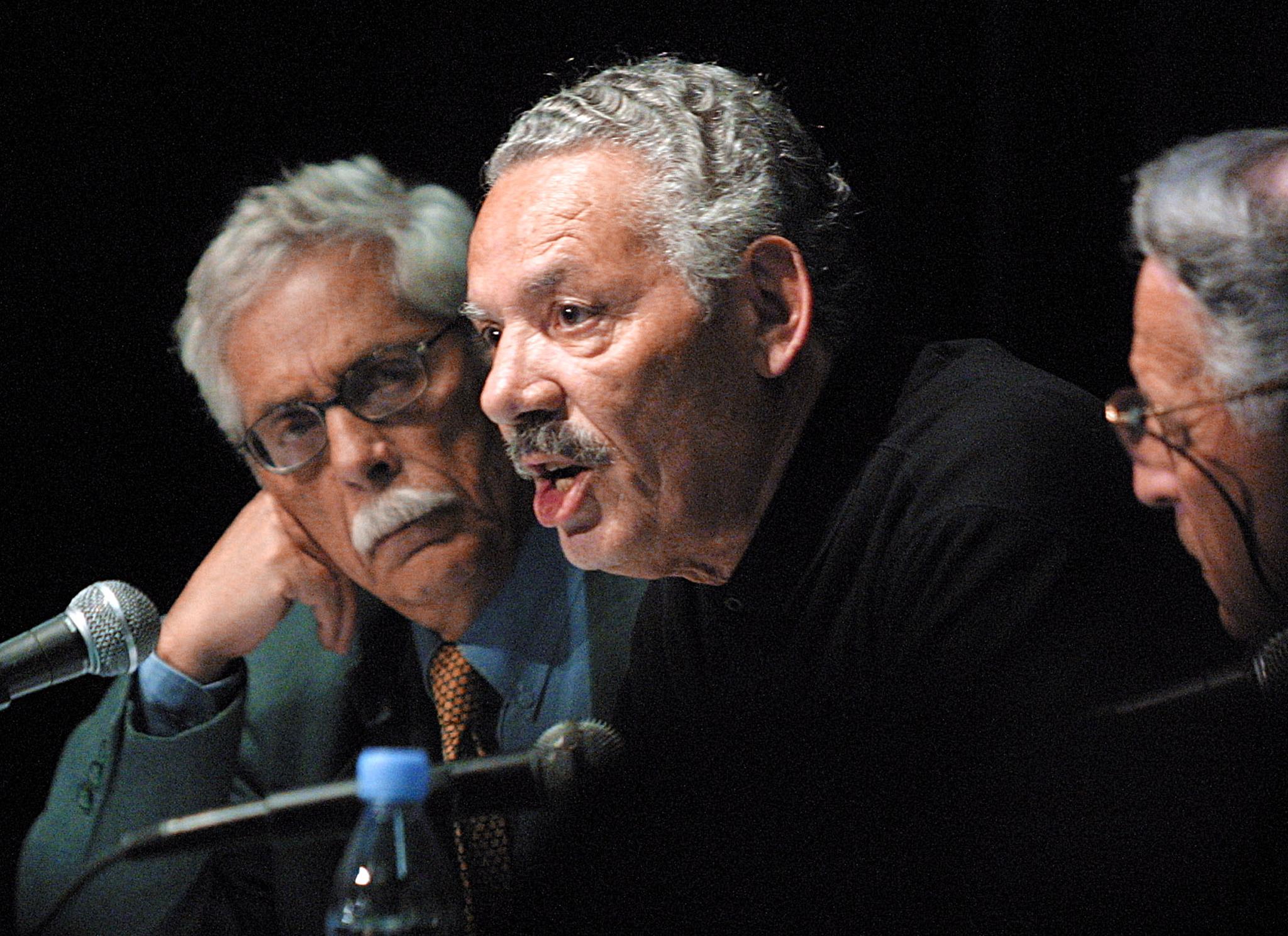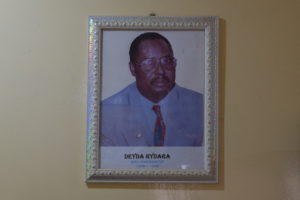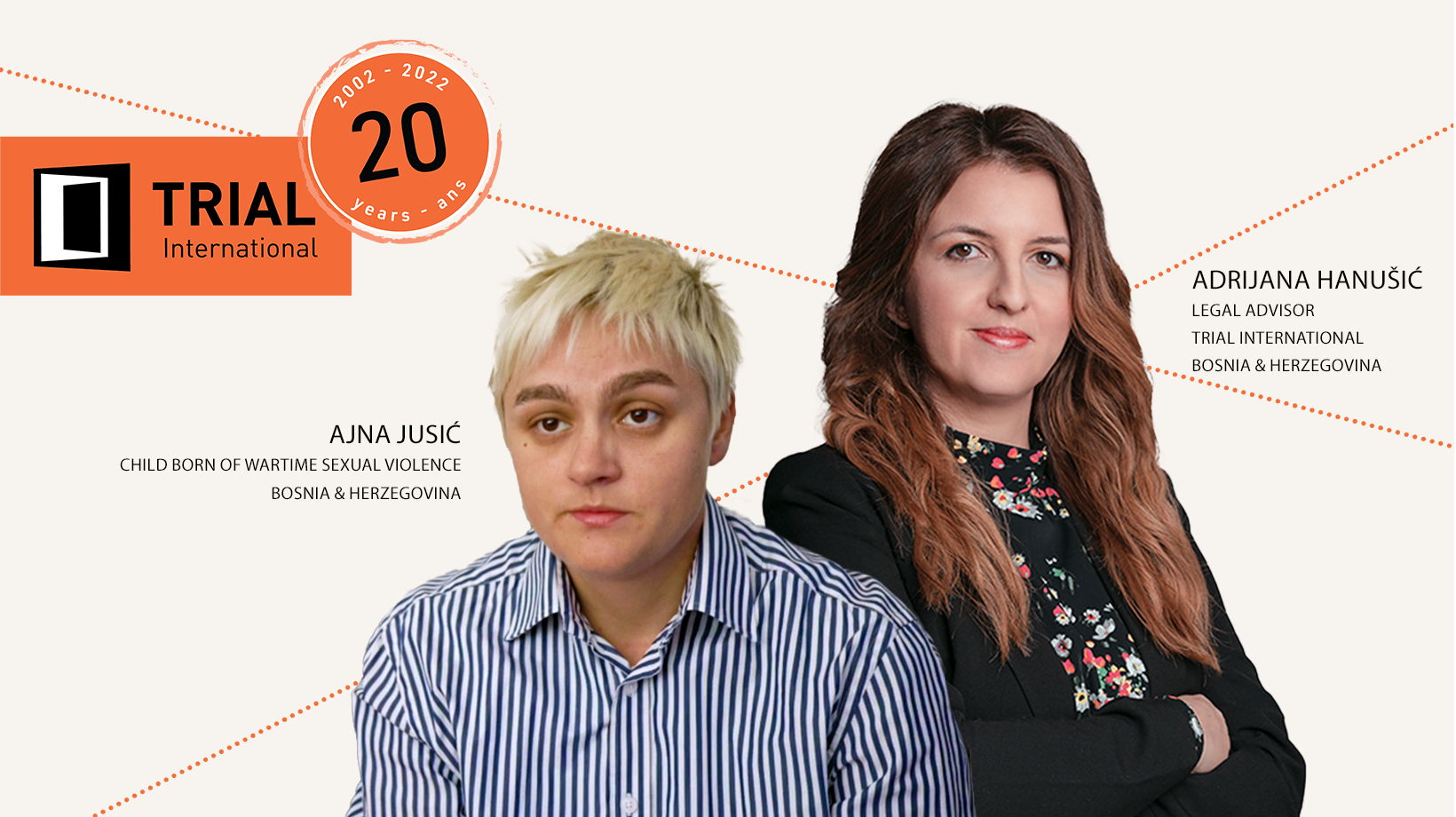Authoritarian and dictatorial regimes are not alone in attacking human rights. In a globalized economy, where multinational companies compete with states for power, abuses committed by some economic actors show that companies and individuals engaged in commercial and financial activities can also cause significant violations of international law.
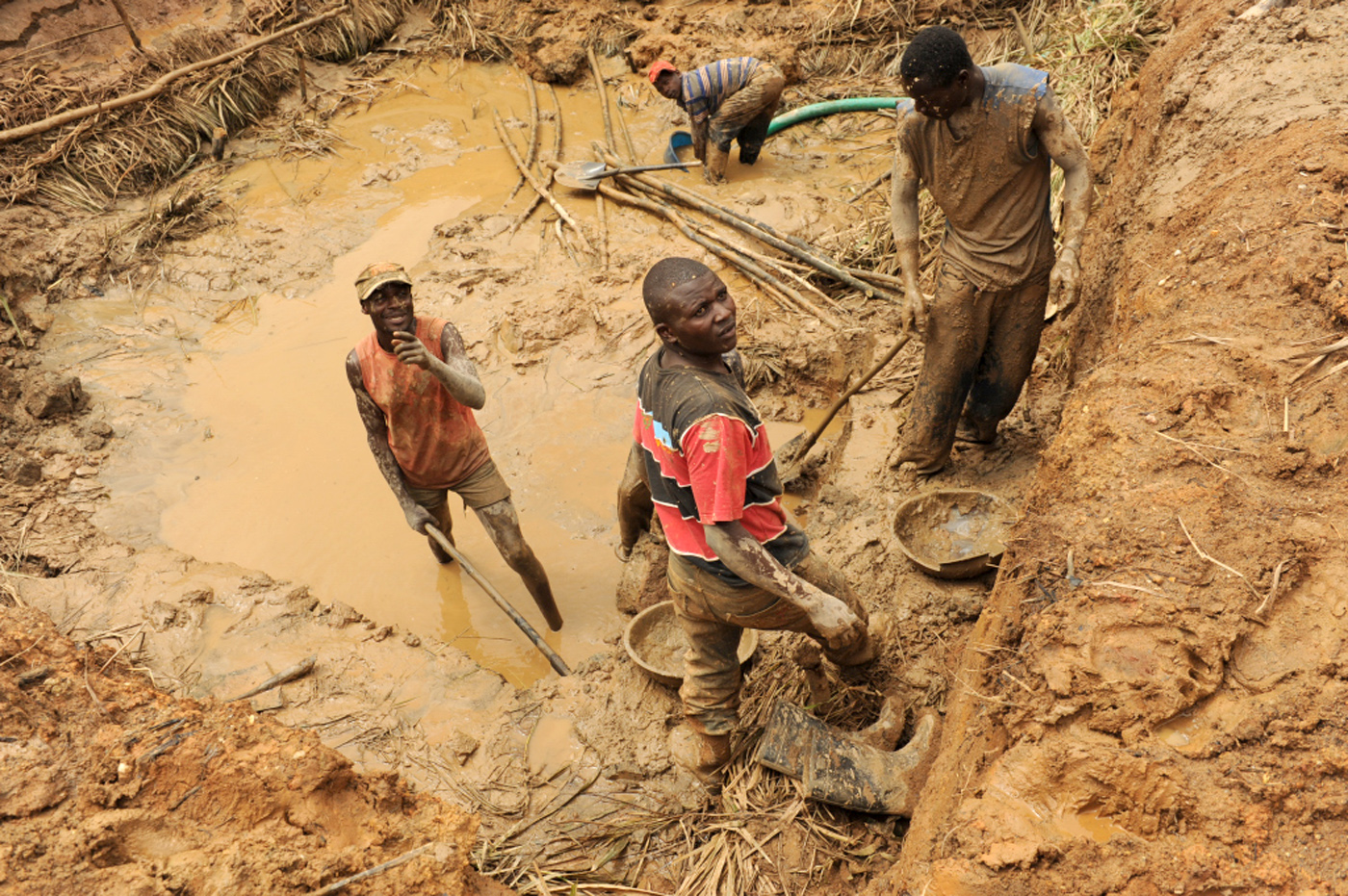
When such violations are committed by economic actors linked to authoritarian regimes, they undermine democratic tran- sition, respect for human rights, and the rule of law, and can contribute to environmental degradation and serious health damage. In this sense, there is an urgent need to hold these actors accountable in order to strengthen international peace and security, as well as to bring about a global economic system where human dignity is universally respected.
For many years, TRIAL International has been increasing its efforts in the fight against impunity of economic actors in the context of conflicts and situations of generalized violence. Our International Investigations and Litigation program, launched in 2011, documents violations and files complaints to bring to justice individuals and companies suspected of committing or being complicit in international crimes.
- In 2011, together with the Palestinian NGO Al-Haq, we filed a complaint against the Swiss subsidiary of the US company Caterpillar for allegedly aiding and abetting the commission of war crimes in the occupied Palestinian territories, by exporting bulldozers used to destroy civilian homes. While the Office of the Attorney General of Switzerland (OAG) found that the Israeli defense forces may well have committed war crimes by using these bulldozers, it ruled that the company could not be held complicit in such acts.
- In 2013, together with Open Society Justice Initiative, we filed a complaint against the Swiss gold refinery Argor-Heraeus SA for allegedly being complicit in looting, by refining gold illegally extracted from mines in a conflict zone in the De- mocratic Republic of Congo. Here again, although it was not disputed that the gold in question had been looted, the OAG ruled that the company was not criminally responsible.
Since these two setbacks, things finally seem to be moving in a positive direc- tion. The new Attorney General of Switzerland publicly stated last summer that he would look more actively into certain cases that might give rise to suspicions of looting.
Investigations are underway and trials may soon be initiated, finally challenging the criminal responsibility of economic actors in the commission of war crimes. TRIAL International filed three complaints, relating to the plundering of natural, mineral, and energy resources during conflicts in Casamance, the Democratic Republic of Congo, and Libya, before the OAG. Looting is a war crime that, when committed by economic actors, has never been prosecuted since the end of the Second World War! It is high time for the courts to start giving principled judgments which could influence the practice of multinational companies and rogue businessmen, whose actions help fuel conflicts and fund armed groups that commit grave violations.
These procedures are slow and laborious. For our part, we will continue to work tirelessly to ensure that companies, regardless of their size, structure, or nature of activity, comply with international law. Your support remains paramount for these cases as for all the others we are pursuing today, in Switzerland and around the world.
Support our fight against impunity. Donate today!
The many cases won in 2022 could not have been possible without your support. The entire TRIAL International team is very grateful to you. We pledge to continue this fight in 2023 and to work every day to achieve truth, justice, and reparations for victims and survivors of the worst forms of violence. Donate to be a part of it too!

